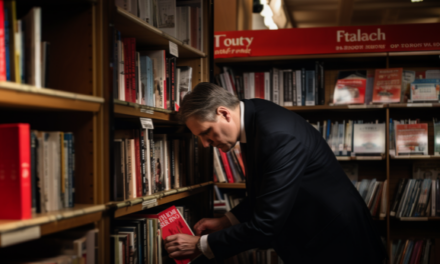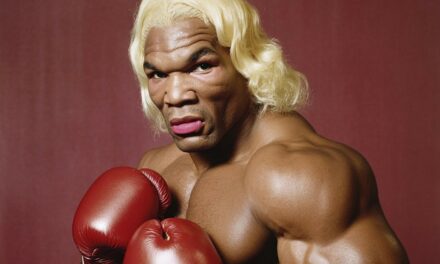The prestigious Coutts Bank has allegedly informed Nigel Farage that he can retain his account on one condition: providing evidence of at least one black friend and demonstrating an openness to having a relationship with a trans woman. The surreal criteria has left the public scratching their heads and wondering if this is some sort of comical mix-up.
According to unnamed sources, Farage, a prominent British politician known for his advocacy of Brexit, was taken aback by the bank’s unconventional demand. “I was quite perplexed when they asked for proof of my friendships and my personal dating preferences,” Farage reportedly stated. “I mean, since when did banks become relationship consultants?”
Coutts Bank, renowned for serving high-net-worth clients, is no stranger to exclusivity, but this recent demand has pushed boundaries into uncharted territory. Some have wondered whether this is a bizarre attempt at virtue signaling or a tongue-in-cheek critique of identity politics.
The bank’s spokesperson, who preferred to remain anonymous, provided a puzzling explanation for the peculiar request. “Coutts Bank is committed to embracing diversity and promoting inclusivity in all aspects of our business,” they stated with an air of seriousness. “We believe that our clients should reflect these values as well. By showing that Mr. Farage has diverse friendships and is open-minded about relationships, we hope to foster a more inclusive society.”
Critics have called the demand ludicrous, arguing that personal relationships should have no bearing on one’s banking arrangements. “Banking should be about financial matters, not the color of your skin or who you choose to date,” said one observer, shaking their head in disbelief.
In response to the uproar, some have speculated that this peculiar set of requirements may be a satirical social commentary or a fictional piece meant to provoke thought rather than an actual banking policy.
As the news of Farage’s alleged encounter with Coutts Bank spreads, the public’s curiosity remains piqued, and the debate over the intersection of personal relationships and banking practices continues to brew. Whether this is an elaborate jest or a genuine reflection of a changing world, one thing is certain: in the world of finance, the unexpected can always be just around the corner.
















